What Can Blue Zones Teach Us About Ageing With Vigour, Vim and Vitality?
In these communities, people live longer and healthier lives than anywhere else. These are their 9 secrets
In these communities, people live longer and healthier lives than anywhere else. These are their 9 secrets
What do the residents of Okinawa, Japan; Sardinia, Italy; Nicoya, Costa Rica; Ikaria, Greece, and Loma Linda, California have in common? These are the five places on our globe where people live the most lengthy and least disease-ridden lives on the planet, with unusually high rates of those who are over 90 and 100 years old. Identified by explorer and journalist Dan Buettner, who built on work by a team including demographer and longevity expert Dr. Michel Poulain, these societies have been labeled ‘Blue Zones’.
‘This term refers to communities in which people have lower rates of chronic disease and lead longer, healthier lives than anywhere else,’ says Lisa Blane, a wellness coach and the author of The Wellness Mindset. ‘They tend to be community and spirituality-orientated, they look after one another and don’t seem to live lives as dominated by consumerism as we do.’
How do we know all of this? ‘Blue Zones have been highly studied in terms of diet and lifestyle,’ explains Talia Cecchele, a Registered Dietitian and the founder of Talia Cecchele Nutrition. This research has found that the inhabitants of these special areas live lives centered around nine key pillars, which underpin their days.
According to Buettner, these pillars, which he dubs the ‘Power 9,’ are as below. Read on to learn how to incorporate these nine lessons into your own life.
1. Move, naturally
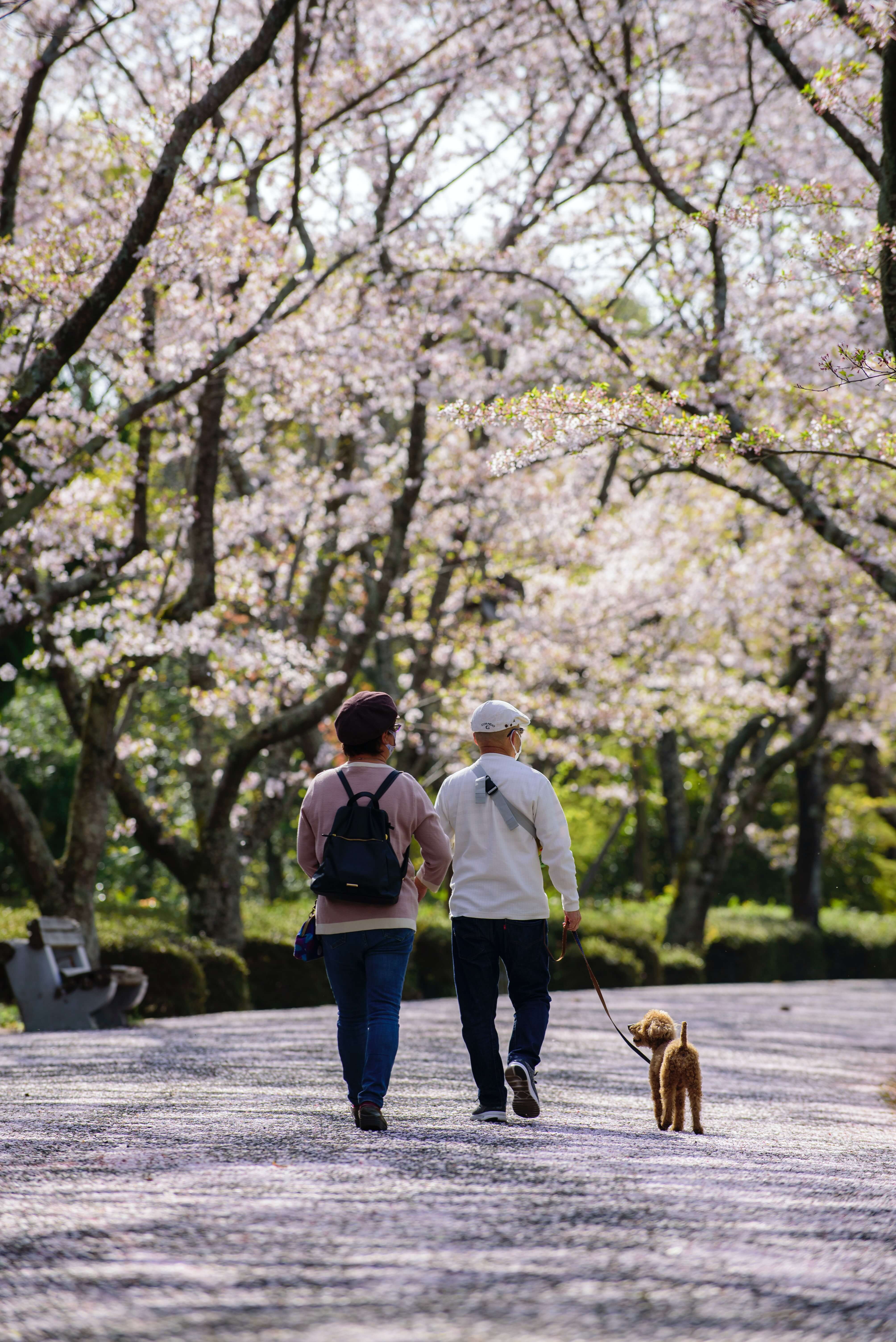
People in Blue Zones tend to move a lot in their day – whether walking a steep hill to get to work or tending to the garden – without calling it ‘exercise’. ‘Try to incorporate movement into your day-to-day life: that could be things like a 10-minute walk before your day starts or taking the stairs more,’ advises Cecchele. ‘In the Western world we are very all-or-nothing, and think that exercise is an hour at the gym 6 days a week, but it’s important we make small, sustainable changes that feel enjoyable.’ Blane agrees. ‘In a Blue Zone, people might go for a long walk or do yoga, but it comes from a place of respect for themselves, rather than to look a certain way. It’s not a short-term fix that’s tied into trying to achieve enough.’
2. Find purpose
They can also tell you what they give to their community. ‘Whether you make time to help a friend with their career or take a family member food when they are sick, being connected gives you a sense of purpose,’ says Cecchele.
3. Stress Less
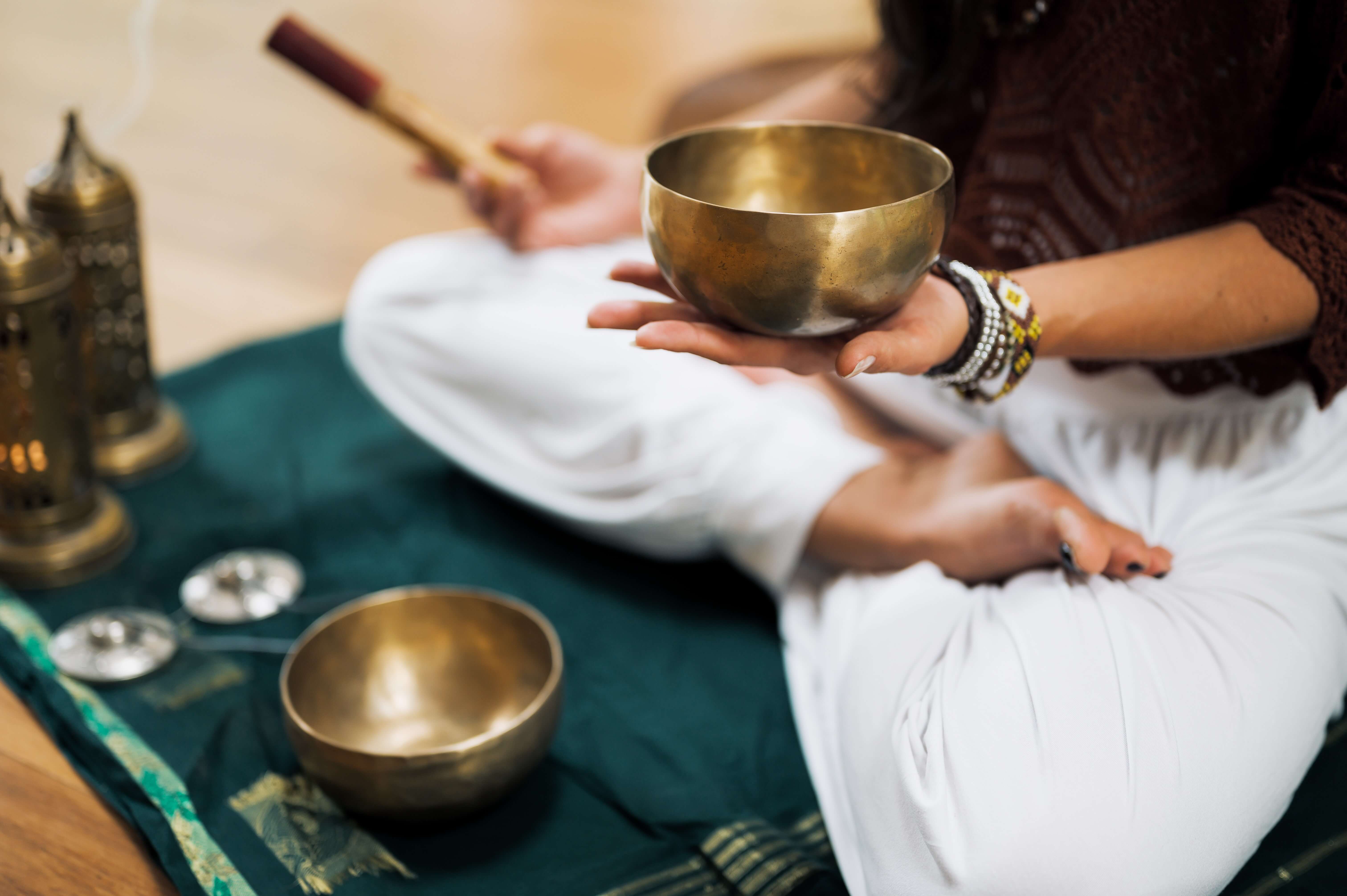
Being highly stressed is heavily correlated with poor health. In Blue Zones, people take time for themselves to de-stress, whether that’s through prayer or venerating ancestors. ‘Take a minute each day to just be,’ says Cecchele. ‘Sit and focus on one sense, what you can smell, see, or taste. This will help to bring a sense of calm.’ Blane recommends trying out a daily meditation practice (try the Headspace app) or even just taking a moment each day to look out of the window, screen-free, to connect with yourself.
4. 80% rule
Rather than eating until feeling overly full, people in Blue Zones tend to put down their forks when they are 80% satisfied, giving time for their brains to register what they’ve eaten. ‘This is in line with the practice of intuitive eating,’ says Cecchele. ‘When I am teaching a client about hunger and fullness, we’re aiming for a 6/7 out of 10 [at the end of a meal] – a comfortable feeling.’ To help you register when you’re there, she advises eating without distractions like phone screens or TVs.
5. Choose mostly plants
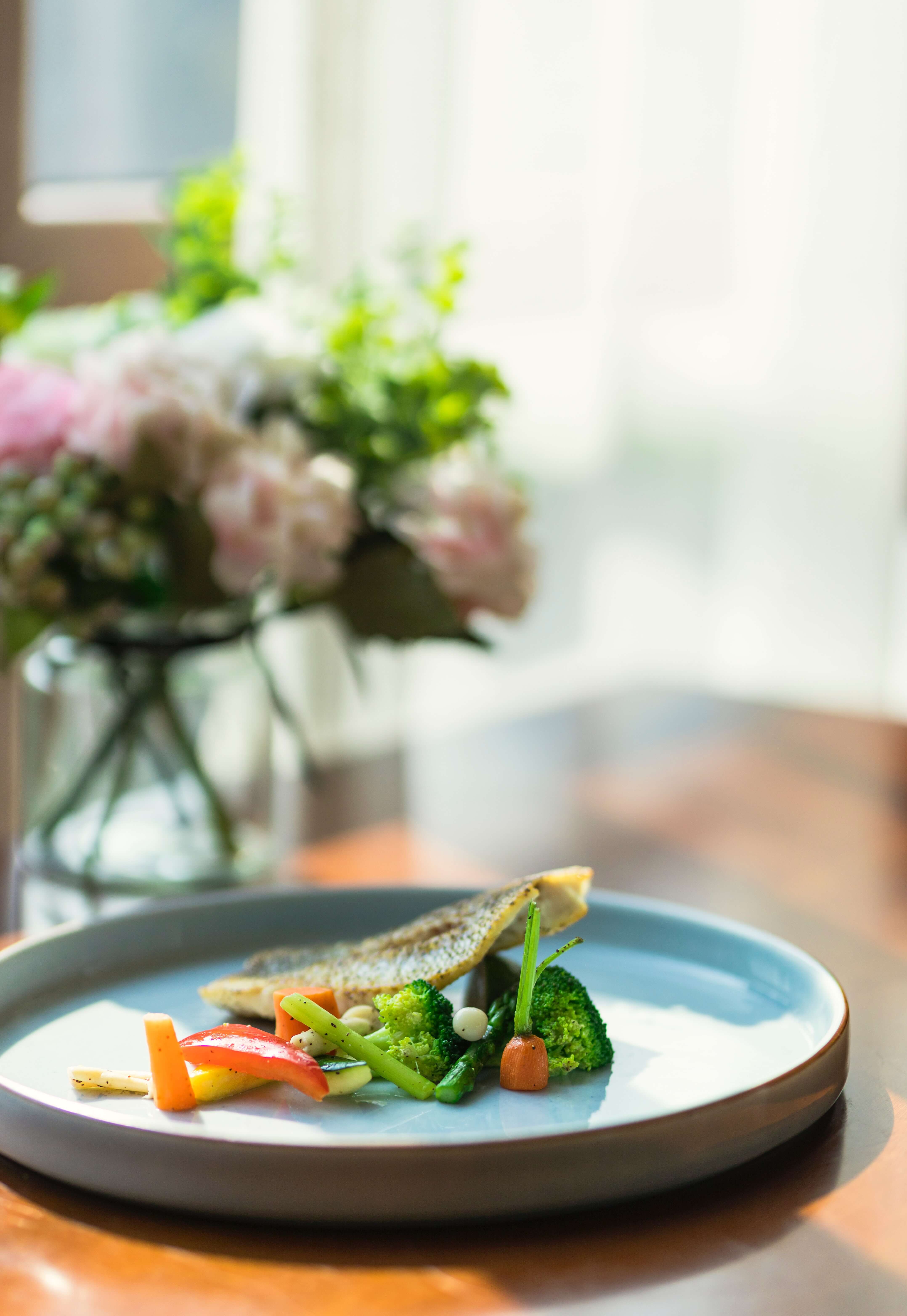
While they’re not vegan, people in Blue Zones base their diets around legumes, vegetables, fruit, and whole grains, and add in small amounts of meat or fish. ‘These are all minimally processed foods,’ says Blane. ‘And people don’t overthink: it’s not a case of counting out their protein and carbs.’ To help to form your diet around plants, try this trick from Cecchele. ‘Every week, get a new grain or legume in your shopping and get creative, cooking it with a new spice or herb.’
6. Drink a little wine
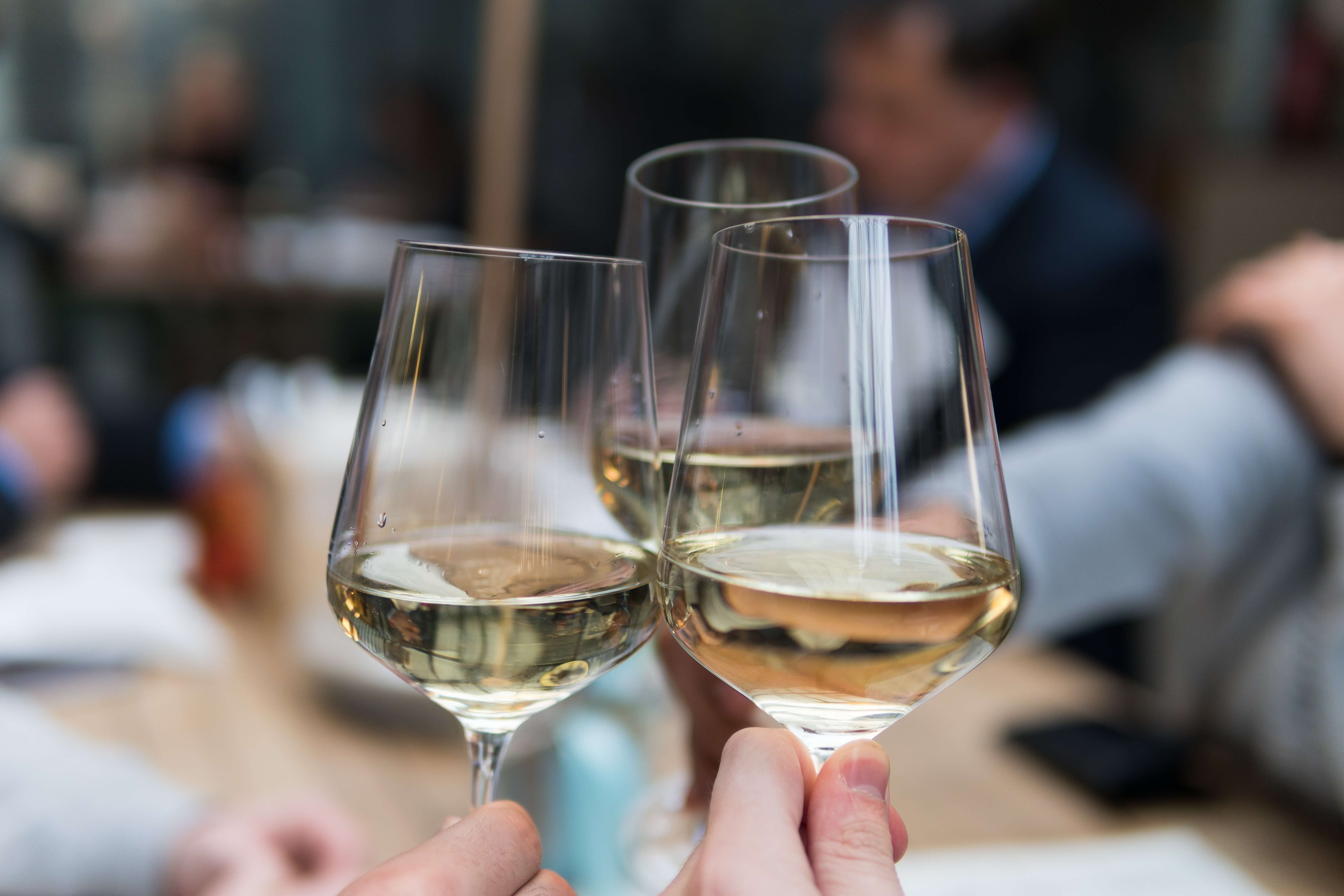
Other than in the California community, all Blue Zone societies drink a little – think a small glass of red wine with family or friends, and with food, daily. ‘All things in moderation,’ says Cecchele. ‘Again, we are so all or nothing in our culture, especially when it comes to alcohol.’ Little and often, as part of your social life, is the way forward.
7. Find your sense of belonging
Being part of a faith-based community is core to the DNA of the Blue Zones. While there’s no pressure to sign up to your local church if you don’t believe, do contemplate how you can belong in your community. ‘Think about joining something like a book club or a knitting circle,’ says Cecchele. ‘You can build lots of little support networks using hobbies.’
8. Look out for your loved ones
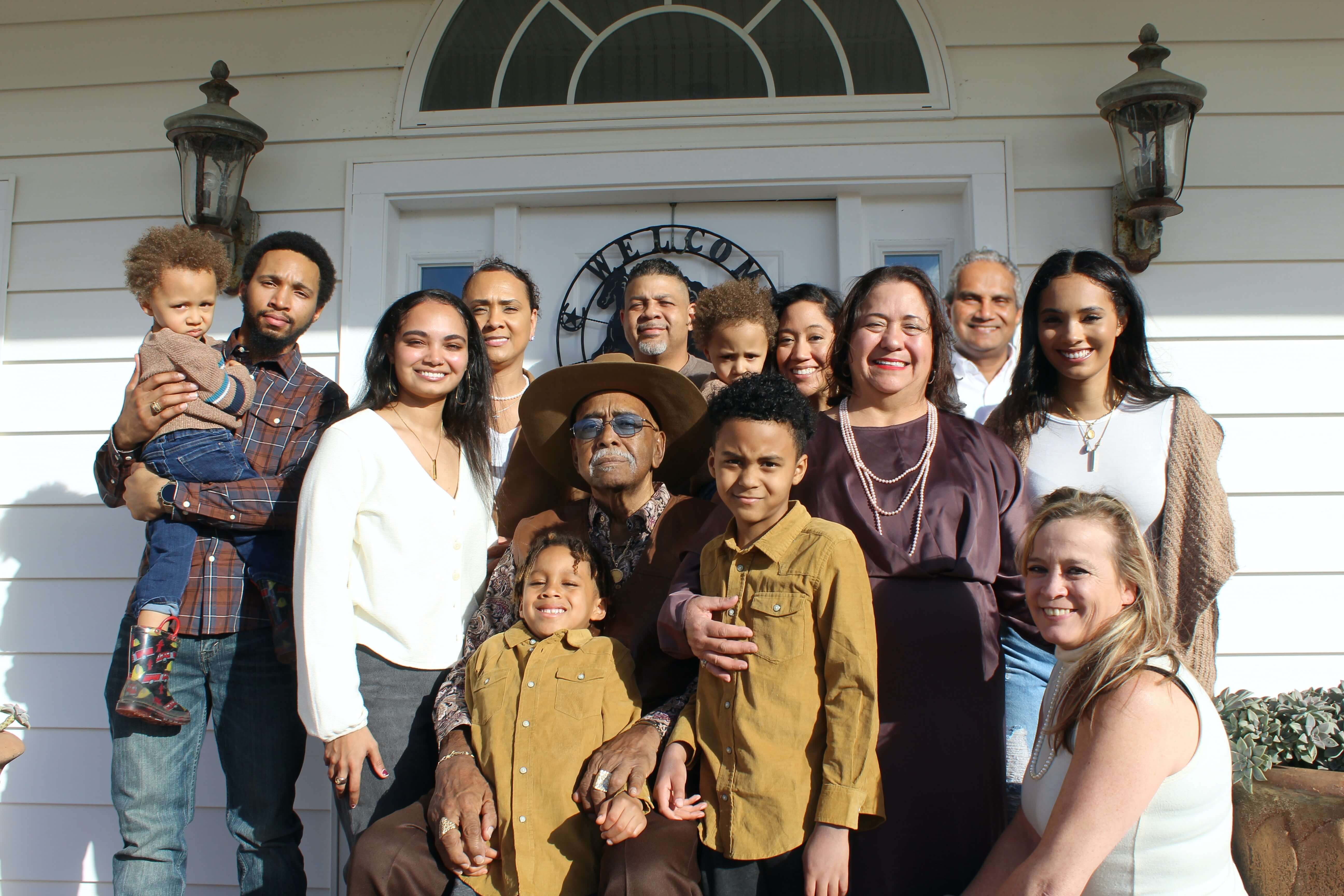
People in Blue Zones often live in intergenerational households, caring for older relatives. ‘It’s difficult in our world, as it’s common to move away from the family home,’ explains Cecchele. ‘But make sure you stay in touch with your loved ones: can you set aside an hour a weekend to call everyone, can you arrange a fortnightly dinner on a Friday night in which you invite them over?’
9. Find your tribe

People who live long and vibrant lives are likely to be friends with people who support healthy behaviours. If your friends love to hike, for example, you’re more likely to lace up your boots and head out with them. ‘It’s so important to have boundaries in other areas of our lives so that we have time to connect with people who are important because we know what a positive impact time with these people has on our mental health,’ Cecchele says. ‘Schedule in time with friends who make you happy.’
One extra thing to note? People in Blue Zones tend to rise with the sun and sleep when it’s dark, taking in between 8 to 10 hours of slumber a night. So to set yourself up for the healthiest ageing possible, keep to the rules above and get enough shut-eye.


